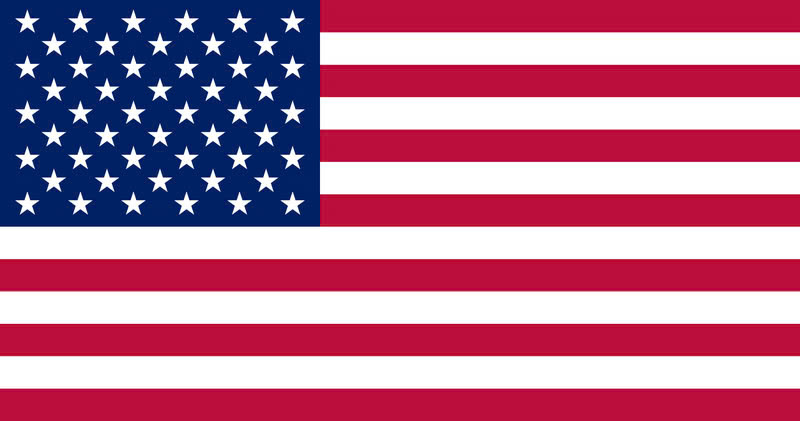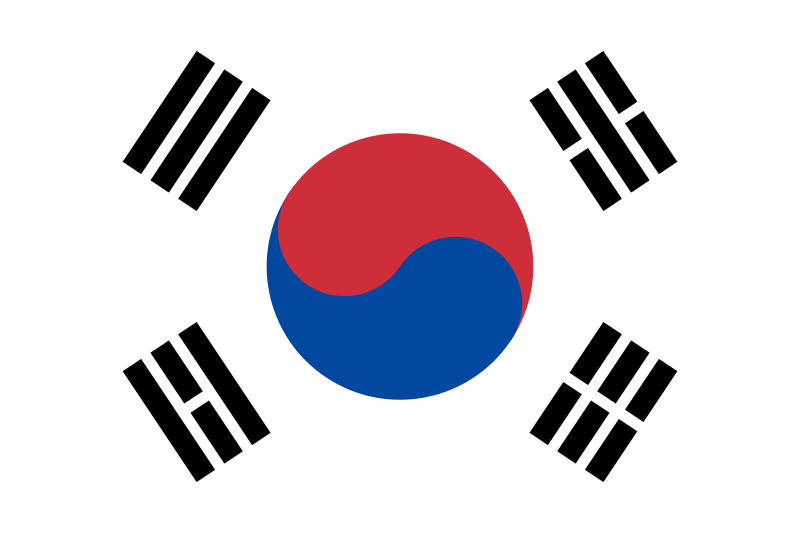What Does Ha Long Bay Means? The Dragon’s Descent Legend
Ha Long Bay, a UNESCO World Heritage Site in Vietnam, translates to “Descending Dragon Bay.” This intriguing name has deep cultural and historical significance, rooted in both mythology and real-life accounts. But what does Ha Long Bay means exactly? The name comes from an ancient legend of a mighty dragon sent by the gods, whose descent shaped the bay’s dramatic limestone islands. Let’s explore its meaning and the fascinating stories behind it.
1. What Does Ha Long Bay Means?
Answer: The name "Ha Long" translates to "Descending Dragon" in English. It is derived from two Vietnamese words:
- The Legend: Long ago, when Vietnam was newly formed, it faced invaders. To protect the land, the gods sent a family of dragons to assist the Vietnamese. These dragons descended from the heavens, spitting out pearls and jewels that transformed into the thousands of islands and islets dotting the bay. These formed a great wall against the invaders.
- The Meaning: "Ha Long" refers to the dragon's descent, forever linking the bay's origin to this powerful image of a mythical protector.
More Than Just a Name:
Ha Long Bay is a UNESCO World Heritage Site, and one of the first questions people often ask is, where is Ha Long Bay located? It's nestled in northern Vietnam, boasting a stunning landscape of limestone karsts rising from emerald waters, making it one of Southeast Asia's most spectacular natural wonders.

"Ha Long Bay" means "Descending Dragon Bay" – a name rooted in ancient Vietnamese legends. - Imagine source: Pexels
2. The History of Ha Long Bay’s Name: From Ancient Times to the 19th Century
While Ha Long Bay’s beauty has been recognized for centuries, its name did not appear in Vietnamese literature until the 19th century.
Early References:
During Vietnam’s early history under Chinese rule, Ha Long Bay was known by several different names, including Giao Châu, Lục Thủy, An Bang, An Quang, Hải Đông, Hòa Phong and Nghiêu Phong. These names reflected its geographical importance as a coastal region but did not yet carry the mythical dragon imagery.
The Late 19th Century: The Birth of "Ha Long Bay"
-
It wasn’t until the late 19th century that the name "Ha Long Bay" was recorded on French maritime maps of the Gulf of Tonkin.
-
A fascinating theory suggests that the name originated from an 1898 report by a French officer, Lieutenant Lagredin, who, along with his crew aboard the warship Avalanse, claimed to have seen giant sea serpents in the bay. These sightings reminded them of dragons from Asian mythology, leading to the name "Vịnh Hạ Long" (Ha Long Bay) being adopted.
-
Additionally, Vietnamese folklore also reinforces the name’s meaning, linking it to ancient legends of dragons protecting the nation.

More than just a name, Ha Long Bay carries a legend of dragons and nature’s wonders, making it a true gem of Vietnam. - Imagine source: Pexels
3. The Legends of Ha Long Bay
Vietnamese mythology attributes the name "Ha Long Bay" to legendary dragons that descended from the heavens to help defend the country against invaders. There are two main versions of the legend:
Version 1: The Mother Dragon and Her Children
According to this tale, when early Vietnamese people were threatened by foreign invaders, the Jade Emperor sent a Mother Dragon and her offspring to aid them. The dragons breathed fire, destroying enemy ships and spat out jewels, which transformed into towering limestone islands, forming a natural fortress.
After the battle, the dragons fell in love with the breathtaking landscape and decided to stay. The Mother Dragon settled in Ha Long Bay, while her children landed in Bái Tử Long Bay and the dragon’s tail created Bạch Long Vĩ (White Dragon Tail Peninsula).
Version 2: A Single Descending Dragon
Another variation of the legend tells of a lone dragon flying along a river and descending into the Gulf of Tonkin, forming the limestone formations that now define Ha Long Bay. This version emphasizes the idea of the dragon safeguarding the land, aligning with the bay’s name, which means "Descending Dragon Bay." If you’re planning a trip, you may also like to know how to get to Ha Long Bay Vietnam or how to get to halong from hanoi. Let’s dive in!

Ha Long Bay is a UNESCO World Heritage Site with breathtaking limestone formations. - Imagine source: Pexels
4. Must-See Attractions in Ha Long Bay
4.1. Discover Stunning Islands and Caves
The name Ha Long Bay not only holds mythical significance but also reflects the bay’s extraordinary natural beauty. With over 1,600 limestone islands rising from emerald-green waters, it offers a spectacular landscape for exploration.
Here are some must-visit attractions in Ha Long Bay:
-
Tuan Chau Island: A luxurious island known for its beaches, resorts and entertainment complex.
-
Thien Cung Cave: Also called "Heavenly Palace Cave," it features impressive stalactites and stalagmites resembling mythical creatures.
-
Ti Top Island: Famous for its panoramic viewpoint and crescent-shaped sandy beach.
-
Dau Go Cave: A historical cave where Vietnamese warriors once hid wooden stakes to fight invaders.
-
Hon Ga Choi (Fighting Cock Islet): A unique rock formation that resembles two roosters facing each other.
-
Sung Sot Cave: Meaning "Surprise Cave," this massive cavern features majestic rock formations.
-
Hon Đinh Huong (Incense Burner Islet): A symbolic islet often featured in Vietnamese tourism images.
-
Cua Van Floating Village: One of the largest fishing villages in the bay, offering a glimpse into local life.
4.2. Unforgettable Experiences in Ha Long Bay
Beyond sightseeing, Ha Long Bay offers a range of exciting activities for travelers:
-
Swimming: Relax on pristine beaches with crystal-clear waters.
-
Kayaking: Paddle through hidden lagoons and caves, discovering secluded spots.
-
Snorkeling and Diving: Explore the marine life and coral reefs beneath the surface.
-
Cruising: Take a luxury or overnight cruise for a breathtaking sunset experience.
-
Vietnamese Cuisine: Savor local seafood delicacies such as grilled squid, steamed clams and seafood spring rolls.

Discover the meaning of Ha Long Bay – a place where myths, history, and nature blend into an unforgettable experience. - Imagine source: Pexels
5. FAQs About What does Ha Long Bay Mean
5.1. How did Ha Long Bay get its name?
Ha Long Bay gets its name, which translates to "Bay of the Descending Dragons," from a popular Vietnamese legend. The myth tells of dragons sent by the gods to protect Vietnam from invaders who, in defending the land, spat out emeralds and jade. These jewels then transformed into the countless limestone islands and islets that now dot the bay.
5.2. What does the descending dragon mean?
In many cultural contexts, a descending dragon symbolizes the dragon's benevolent act of coming down from the heavens to assist or bring good fortune to people on Earth. It represents divine intervention, protection, and the bestowing of blessings or success upon humanity.
5.3. What is the symbol of Ha Long Bay?
The symbol of Ha Long Bay is widely considered to be Trong Mai Islet, also known as Fighting Cock Islet or Kissing Rocks, due to its distinctive shape resembling a pair of chickens facing each other.
5.4. What is the difference between Lan Ha Bay and Halong Bay?
Lan Ha Bay offers a quieter, less crowded experience than Ha Long Bay, though both feature similar stunning limestone karsts and emerald waters. While Ha Long Bay is a bustling UNESCO site with numerous tours, Lan Ha provides a more secluded and pristine atmosphere with fewer boats and more untouched beaches.
So, what does Ha Long Bay means? More than just a name, it represents a place where myth and nature intertwine. Rooted in ancient legends of dragons descending to protect the land, Ha Long Bay is a symbol of strength, mystery and breathtaking beauty. Let the legends guide your journey and uncover the wonders of this UNESCO World Heritage Site!
|
Joytime Travel Agency - Your Vietnam Journey's Servant Expert Follow us for travel tips, local insights, and exclusive offers:
|

Danish Nguyen
Danish Nguyen is a renowned travel blogger in Vietnam with over 5 years of experience sharing unique travel experiences. With a passion for exploring new places, Danish captures incredible moments and provides readers with valuable tips to discover the beauty of his homeland.














